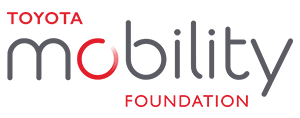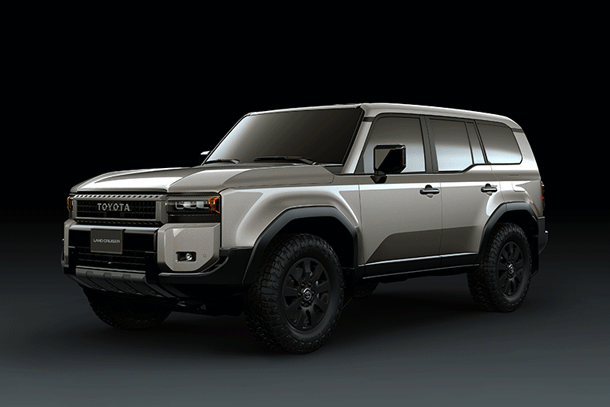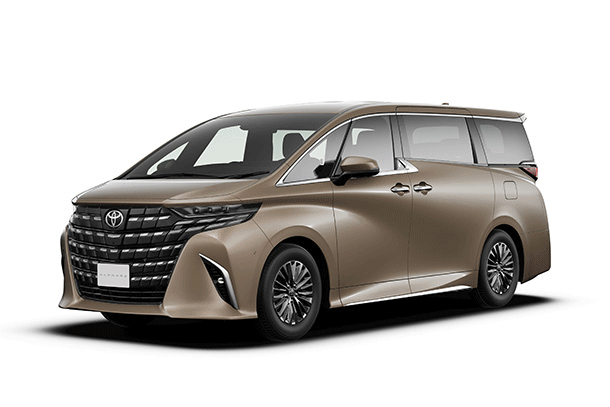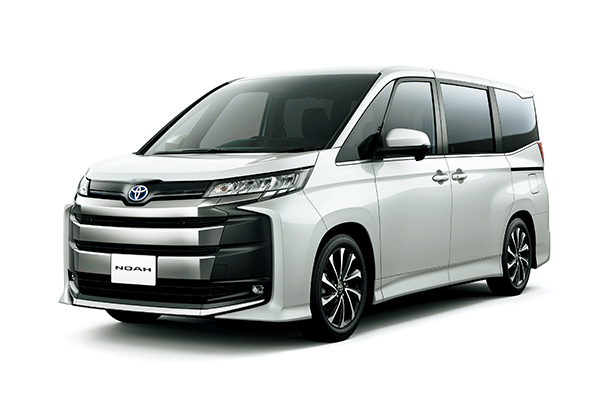Jan. 23, 2018
Challenge encourages creation of innovative mobility solutions in Brazilian citiesThe InoveMob Challenge, held by Toyota Mobility Foundation and WRI Brasil, will connect participants and public administrators and award a total of R$ 600,000 in prizes to implement the best solutions

São Paulo, January 23, 2018―Improving urban mobility, especially the access to areas of intense flow of people, is one of the main challenges of contemporary cities. According to WRI Brasil data, Brazilians spend an average of 10 to 15 days a year stuck in traffic, that in addition to causing stress, contributes to the increase of emissions of polluting gases in the atmosphere. To foster solutions that can solve this problem, Toyota Mobility Foundation and WRI Brasil are launching today the InoveMob Challenge, which will invest R$ 600,000 (US$ 200,000) in subsidies for urban mobility solutions. The purpose of the initiative is to select the most innovative projects that promote sustainable and inclusive alternatives to improve mobility in cities. Registration is open until March 9 at www.desafioinovemob.org where you will also find the competition notice.
But how mobility innovations can improve the connection to activity centers with intense flow of people? Targeted at entrepreneurs, researchers and mobility solutions companies, the InoveMob Challenge seeks to identify solutions to access the so-called Activity Centers. These are areas or buildings of different types and sizes that generate a significant number of trips, such as schools, universities, business and sports centers, hospitals and public transport terminals. Up to 80% of the displacements in the Brazilian cities are due to study or work, according to WRI Brasil. Proposal features expected by the Challenge Organizers include: use of clean technologies, improvement of vehicle occupancy, contribution to accessibility of individuals with disabilities, the elderly and children and promotion of gender equity in mobility.
"We must provide people with more intelligent, sustainable and inclusive mobility. Cities that are open to this transformation will be more competitive and will offer a better quality of life for the population now and in the future," points out Luis Antonio Lindau, Director of the WRI Brasil Cities Program.
"We understand that Brazil is one of the leaders in Latin America and that it is ready to foster innovative mobility solutions. The most robust and long-lasting solutions are those that come from innovators who understand the local mobility issues. That is why Toyota Mobility Foundation and WRI Brasil partnered up to create this challenge for innovators across Brazil," says Ryan Klem, Programs Director at Toyota Mobility Foundation.
Challenge stages
The Challenge will have 5 stages, which will be held throughout 2018. After the end of the registration period, 12 semi-finalist projects will be selected, and semi-finalist teams will be invited to participate in preparation (capacity-building) workshops. Their proposals will be submitted to city administrators, who shall declare their interest in supporting and hosting the initiatives. Each semi-finalist should have at least one "ambassador", who may be the mayor or a representative of any secretariat directly related to the project.
Then, five finalists will be selected to execute their pilot projects. Each will receive a financial support of US$ 20,000 (R$ 60,000) to implement the pilot, as well as expert mentoring throughout this stage. Pilot projects will be deployed between June and November 2018 and should be in operation for at least eight full weeks.
The winning project will be selected in December 2018, receiving financial support of US$100,000 (around R$ 300,000). The winning team will work together with the Challenge Organizers to implement and scale the solution in other activity centers and Brazilian cities.
Other competitions around the world
Held for the first time in Brazil, this is one of the competitions organized by Toyota Mobility Foundation (TMF) in the world. Currently, TMF is at the forefront of the Mobility Unlimited Challenge, which has open registration globally to bring together innovations to improve the mobility of people with paralysis. The goal is to have a prototype developed by the winner by 2020. WRI India and Toyota Mobility Foundation have already developed a challenge in India called Station Access and Mobility Program (STAMP). The program aimed at building solutions to improve access to the Bengaluru subway network and, thus, encouraging its usage.
About Toyota Mobility Foundation
The Toyota Mobility Foundation was established in August 2014 to support the development of a more mobile society. The Foundation aims to support strong mobility systems while eliminating disparities in mobility. It utilizes Toyota's expertise in technology, safety, and the environment, working in partnership with universities, government, non-profit organizations, research institutions and other organizations to address mobility issues around the world. Programs include resolving urban transportation problems, expanding the utilization of personal mobility, and developing solutions for next generation mobility.
TMF is directly linked to Toyota's Japanese headquarters. Its activities in Brazil and the InoveMob Challenge have no connection with Toyota of Brazil or with the Toyota of Brazil Foundation.
About WRI Brasil
WRI Brasil is a non-profit organization focused on research and application of methodologies, strategies and tools geared towards the areas of climate, forests and cities. It works closely with local leaders to protect the environment and create solutions that contribute to the prosperity of Brazil in an inclusive and sustainable way. WRI Brasil is part of the World Resources Institute (WRI), a global research organization operating in more than 50 countries, with offices in Brazil, China, the United States, Mexico, India, Indonesia, Europe and Africa.




